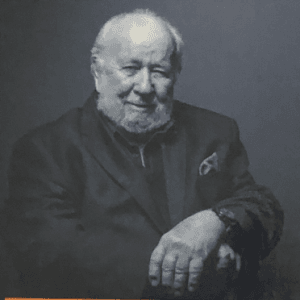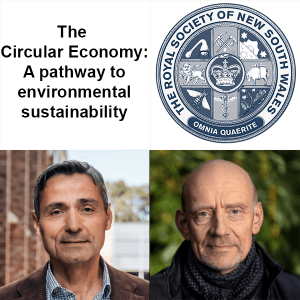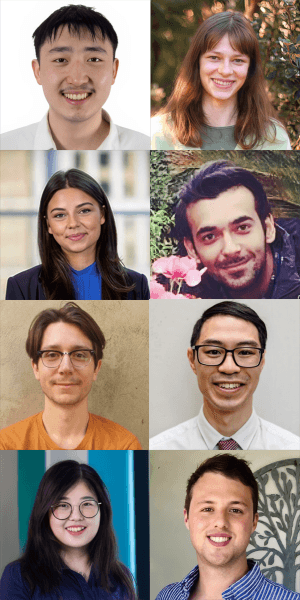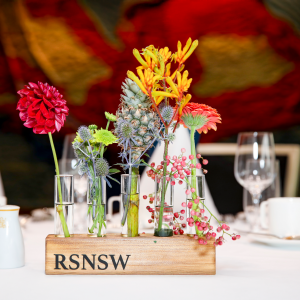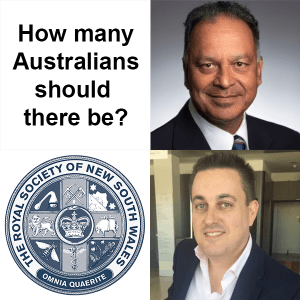 “A plant breeder’s perspective on
“A plant breeder’s perspective on
food security and climate change”
Professor Richard Trethowan
Professor of Plant Breeding and Director, Plant Breeding Institute
Sydney Institute of Agriculture
University of Sydney
Date: Wednesday, 30 November 2022, 4.00 – 6.00 pm AEDT
Venue: Ground Floor Auditorium, Michael Spence Building (F23), Corner, Eastern Avenue and City Road, University of Sydney Camperdown Campus
Video presentation: YouTube video
All are welcome
Summary: As our climate becomes less stable and international commodity markets fickler, it is time to reflect on past achievements in plant breeding and to assess whether these successes are still relevant in the 21st century. The Green Revolution resulted in a step-change in grain production and undoubtedly reduced the blight of famine globally. However, such significant advances have been difficult to achieve since, and the yield of major crops has plateaued globally. Trethowan will address these issues by focussing on wheat, our most important grain crop, and the most widely grown foodstuff globally, in the context of high-temperature, low rates of genetic gain for yield and intractable diseases. He will draw on a career spent researching and breeding wheat both in Australia and internationally to explore these issues, including the importance of partnership and technology.
Richard Trethowan is a world-leading plant breeder and geneticist and Director of the Plant Breeding Institute in the School of Life and Environmental Sciences at the University of Sydney. He also leads the Plant Breeding and Production Theme at the Sydney Institute of Agriculture. His work improved the adaptation of cereals and pulses to drought, high temperatures, and diseases. He pioneered the use of key technologies including genomic selection in wheat, hybrid wheat and high-throughput field-based phenotyping to assist crop breeders. His research led to the development and release of numerous wheat cultivars to local farmers across the world. He contributed significantly to capacity building by supervising 21 doctoral students to completion, many of whom currently work in agricultural research in Australia and overseas. He has published widely on most aspects of plant breeding and has authored or co-authored 191 peer-reviewed articles. He has led many national and international initiatives, including the highly successful CIMMYT Australia ICARDA Germplasm Evaluation (CAIGE) program, that links Australian and international wheat and barley breeding initiatives for the benefit of Australian farmers.


